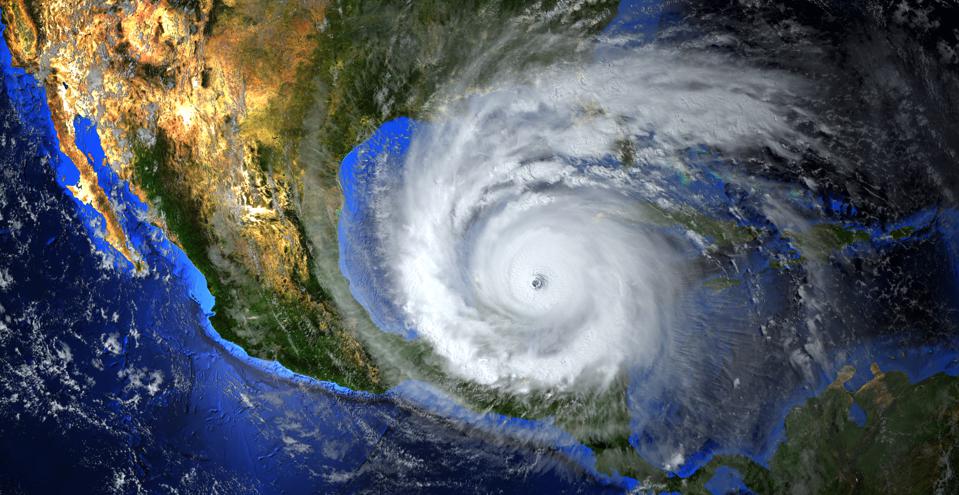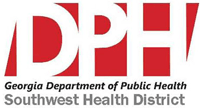Hurricane Preparedness

Hurricane season is from June 1 until November 30 each year. Southwest Georgia can be impacted by hurricanes that strike either the Atlantic Coast or the Gulf Coast. Hurricanes can bring high winds, heavy rains, floods, power outages, and tornadoes. Additionally, if a hurricane is headed towards the Georgia Coast or the Florida Gulf Coast, many coastal residents will evacuate to Southwest Georgia.
SW Georgia must be prepared to shelter many people during hurricane evacuations. Public Health employees support the Department of Family & Children’s Services (DFCS), American Red Cross, and local Emergency Management Agencies in caring for evacuees.
Download the NWS Hurricanes, Unleashing Nature’s Fury booklet for more information about hurricanes.
What to Do Before the Tropical Storm or Hurricane
The best time to prepare for a hurricane is before hurricane season begins on June 1. It is vital to understand your home’s vulnerability to storm surge, flooding, and wind. Here is your checklist of things do do BEFORE hurricane seasons begins.
1.
Know Your Zone
Do you live near the Gulf or Atlantic Coasts? Find out if you live in a hurricane evacuation area by contacting your local government/emergency management office or by checking the evacuation site website.
2.
Write or Review Your Family Emergency Plan
Before an emergency happens, sit down with your family or close friends and decide how you will get in contact with each other, where you will go and what you will do in an emergency. Keep a copy of this plan in your emergency supplies kit or another safe place where you can access it in the event of a disaster. Start at the Ready.Gov emergency plan webpage.
3.
Put Together an Emergency Supplies Kit
Put together a basic disaster supplies kit and consider storage locations for different situations. Check emergency equipment, such as flashlights, generators and storm shutters.
4.
Review Your Home Owners Insurance
Review your insurance policy to ensure that you have adequate coverage for your home.
5.
Check the Weather
Understand NWS forecast products, especially the meaning of NWS watches and warnings.
